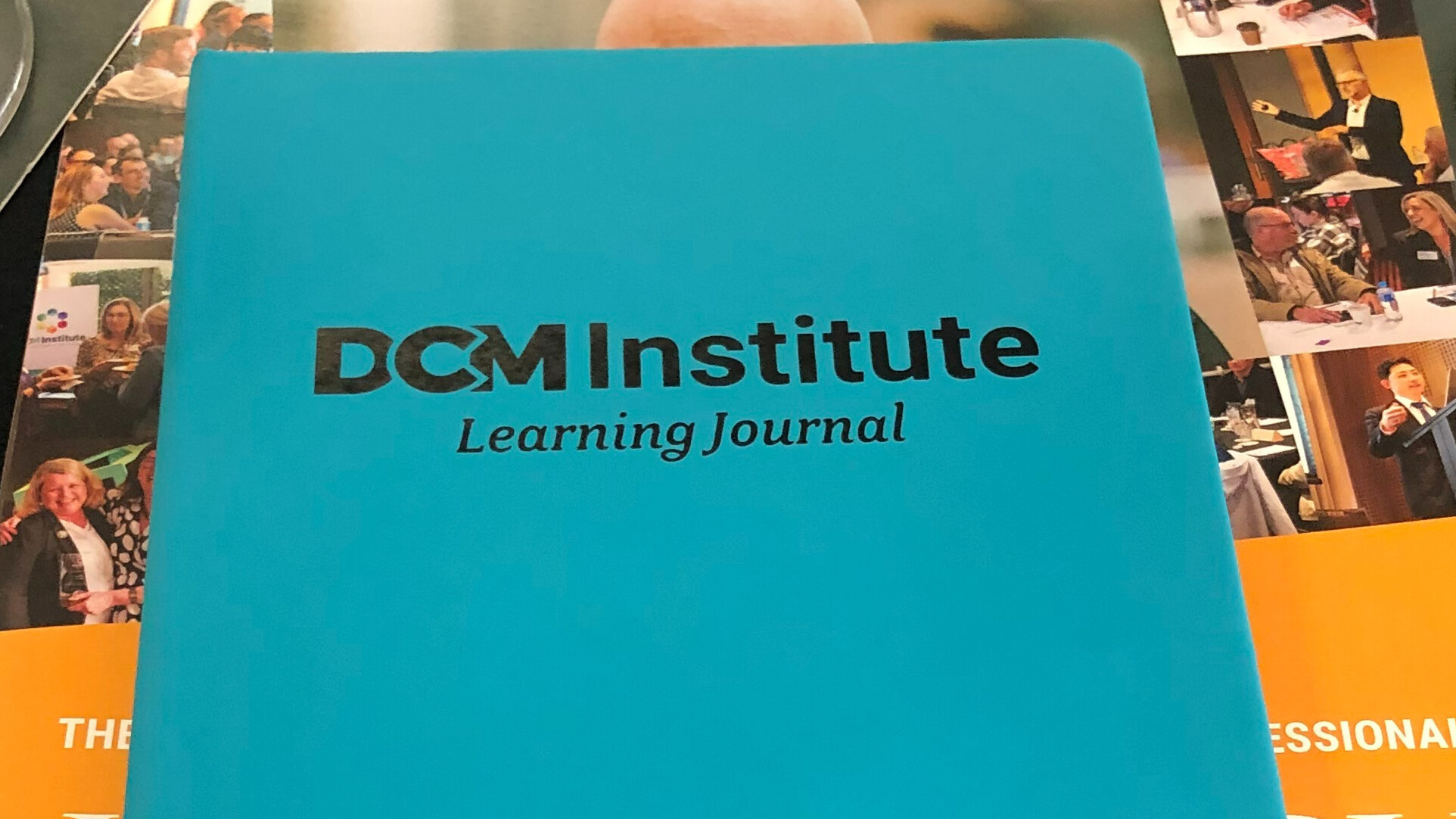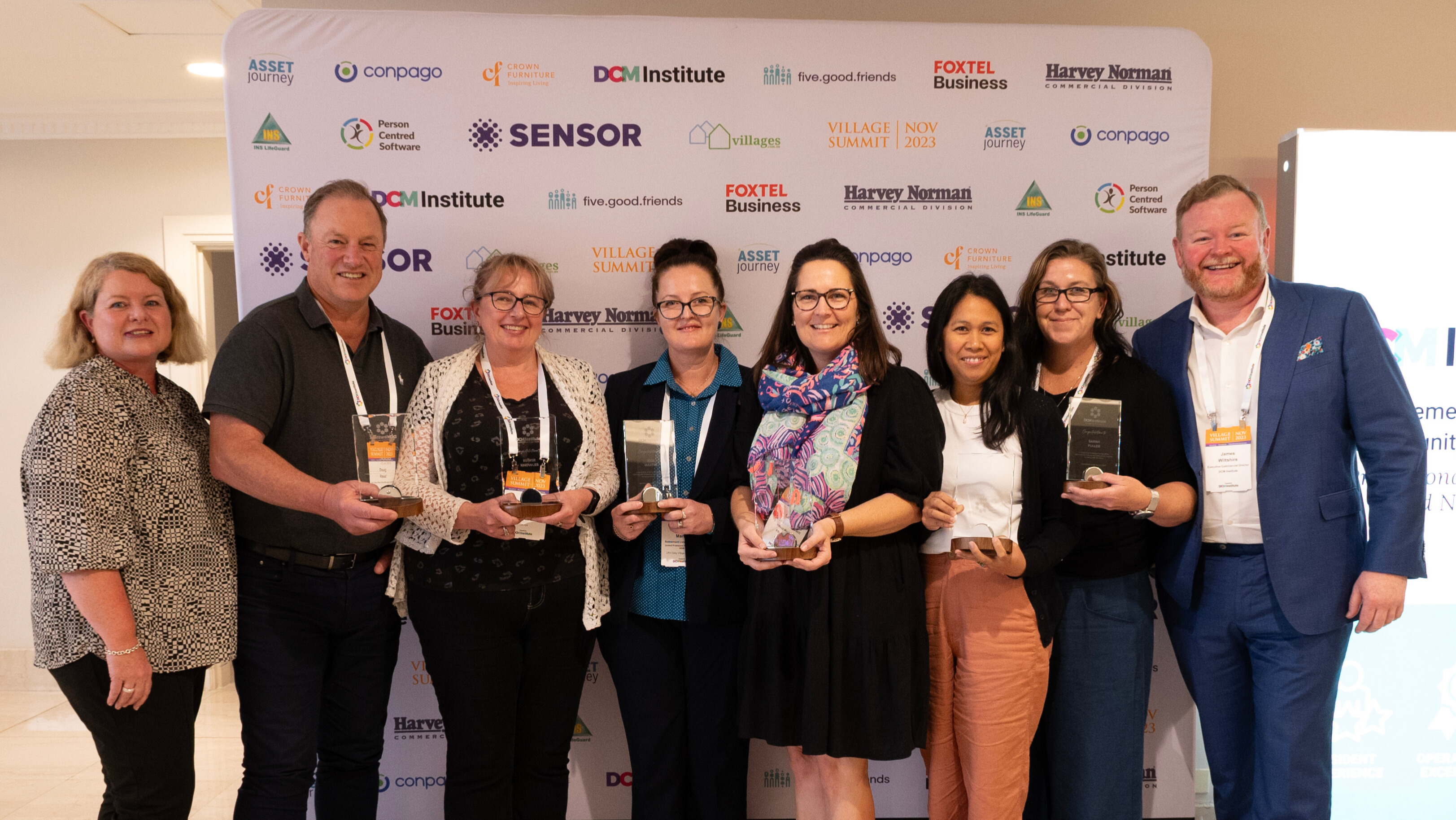With Christmas approaching and events already underway within our villages, it’s important to consider how we can best include residents we know are living with dementia.
While no two people experience dementia in the exact same way, dementia often affects the way people process and respond to their environment, writes Nikki-Anne Wilson, Postdoctoral Research Fellow, Neuroscience Research Australia (NeuRA), UNSW Sydney.
Too much stimulation – like a lot of noise and activity at a Christmas party – can be overwhelming and may cause confusion or agitation.
Plan Ahead
People with dementia may experience changes in their appetite or food preferences, or difficulties chewing and swallowing. These changes might make some of the things on your festive menu unappetising or difficult to eat. Be guided by the needs and preferences of the person with dementia and keep options limited to one or two special foods if larger banquets are likely to be overwhelming.
Things can change quickly for people living with dementia and their abilities will vary from day-to-day. Try to be flexible and have a backup plan in place. If you’re planning a large event, consider ways in which to create pockets of smaller gatherings.
Keep it familiar
The sudden appearance of Christmas decorations may be overwhelming for a person living with dementia and trigger a negative sensory reaction or distress. Try and put-up decorations familiar and put them up slowly over a period of a few days.
A handy tip is to get to know your residents festive traditions and routines. Remember the old times with them. For many people with dementia, long-term memories are less affected than more recent memories. There might be ways to integrate them into your plans.
Consider seating arrangements at events, or identifying a support person. Whether it be a member of staff, their spouse, or another resident, who can stay with them as a familiar face is a simple way to keep them part of what is going on, but also comfortable and engaged.
Lighting
Consider the lighting of the spaces where you are celebrating. Older people and people with dementia tend to need brighter light, however, also consider glare and shadows which may be confusing for the person with dementia (or those with visual impairments.)
Have a quiet space
When you have activities and events one, ensure there is a place where the person living with dementia can go if things become overwhelming. This could be a quiet corner of a break-away area.
Involve the person living with dementia
One of the real benefits of retirement living is the social responsibility the community has in recognising everyone has a role to play.
At times, this may mean modifying tasks to suit the abilities of the person with dementia. For example, try to get them involved in small tasks that contribute to the overall activity or event.
People with dementia are still the same person, even if their abilities have changed or they can no longer communicate their needs and feelings like they used to. It’s important to treat everyone with dignity and ensure our communities remain inclusive.
Despite best intentions, sometimes it won’t work
Despite the best laid plans, sometimes it won’t be possible to share in festive celebrations with a person living with dementia.
Lets be honest for a moment, as professionals who genuinely care about the wellbeing of all of our residents, this may be difficult to admit and it is important to look after your mental health.
Where residents do not have family or friends nearby, caring responsibilities fall on other residents, our staff and ourselves. This can often lead to them or us being the ones who need support.
If this is the case. If you or someone you know is struggling to care for someone with dementia, Dementia Australia has some excellent resources readily available which includes a National Helpline.





